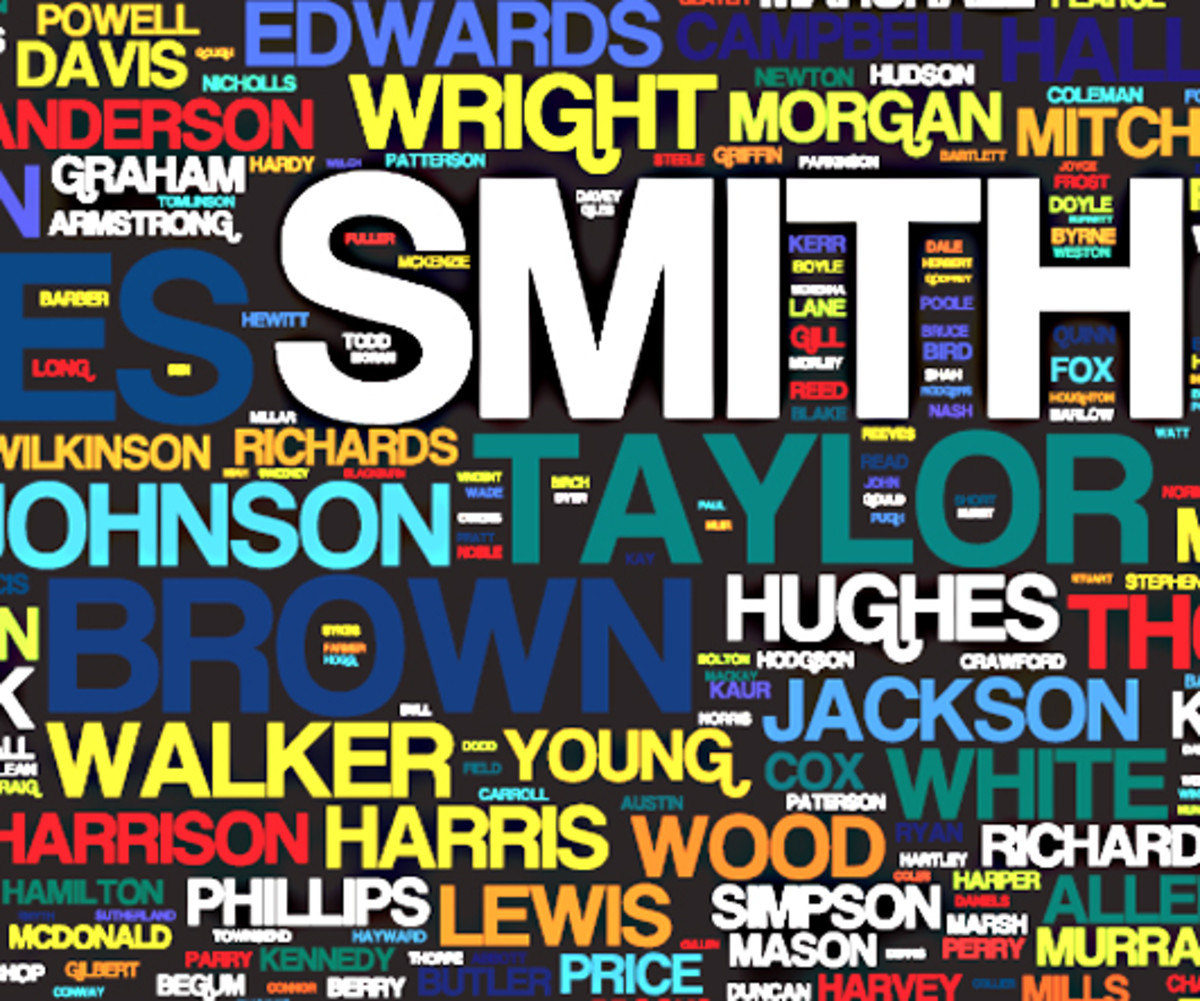Phwoar: Heading the Interjection List for 2010
Diogenes. Once a modest "Phwoar," now more a "What For?"

Some interjections add to the language, others denigrate it.
Don't "dump" your lover, just gracefully bid him or her, fare ye well.
Some of the most colorful and expressive words in any language are INTERJECTIONS. They have been around in English for hundreds of years, becoming very popular in Victorian times, but doubtlessly used by Roman soldiers as well. Many are simply swear words, those that describe a bodily function, elevating the sound to expressing our feelings: perhaps the best known in English is “s--t!” with a popular word for sexual intercourse not far behind. Some are holophrastic, replacing an entire sentence or even longer block of text depending on the occasion.
But our article today deals with perhaps more mannerly interjections, those acceptable in polite company, and a couple that have only come into general usage in the last couple of years, the most outstanding perhaps being:-
“PHWOAR!” This is not quite such a new penny as a spoken emotion only, but it was one of those elusive sounds that is immediately understood when heard, traditionally among a group of lads struck with the beauty of a sexy female, (but today used equally by young girls when seeing something that titillates their id).
When we first see an interjection newly attempted as a written word, we can’t pronounce it until we recognize it for something we have used or heard in the past; from then on, we don’t try to say it or include it exactly as written, merely record it as the sound we know so well in life as it adds to our reading pleasure. I mean, how many people could - or would - try to say “Pshaw!” Or “Tsk! Tsk!?” But these interjections cannot be clearly expressed phonetically in letters, involving as they do sibilants and tongue clicks better suited to an African Bushman, but we have all heard or used these sounds in the past.
I have taken a mild dislike to phwoar. This was occasioned mainly when it was used by an ex. world champion snooker player, Sean Murphy, when telling someone why his marriage had broken up. In my opinion (undervalued) he was lucky to have found the radiant young lady in the first place, and had no right to tell some media hound she had lost the “phwoar-factor!” A desired state, incidentally, to which this hog-like cue wielder could only have dreamed of possessing himself. It continues to amaze me how women are so obsessed with celebrity and the opportunity to snare one - even a fat ball potter!. Amanda Plattell’s article re. the meat market in the top London clubs in a recent Daily Mail held me spellbound. Evidently, just to have a one night stand with a top pro soccer player guarantees the nubile young thing celebrity status and pots of cash, never mind the chance she might snare him for a longer period. These girls are completely predatory and ruthless; they could care less if the celeb is married, they just want to get their hooks in for the night. Frightening really: how disappointed most must be as they are forced into exchanging the glamour of Stringfellow’s for the lounge bar of the local boozer once the gilt (and gelt) is off the gingerbread, and the patina of age and high living starts to show. I personally can make no distinction between their behavior and common prostitution, although they would sue anyone immediately who called them whores. Well, maybe there is one distinction, whores are far more honest and you know your one nighter is unlikely to make the tabloids the next day as the march towards maximizing the profit from the encounter begins.
Anyhow, we are concerned with interjections of a less organic kind. The star of this hub, Phwoar, is sometimes written as “Fnar Fnar!” which looses something for me and has a faint Aussie tinge to it, no? Very nasal. Also hitting the big time is “Mwooah! Mwooah!” I’m sure all you technocrat readers know that is the sound of people air-kissing, perhaps sensible in times of swine flu alerts but otherwise an awful, artificial and meaningless exchange. “Oooer,” “Cooer,” and from the Spanish, “Juacala” (wacala) a sort of exaggerated “Ugh,” are enjoying something of a renaissance.
The least appealing of all interjections to me is unfortunately the most popular round the world, thanks to mindless propagation by California sun bunnies over the last 20 or so years. Yes, that’s right, “WOW” is the culprit along with the BBC reality property show standard the “WOW FACTOR“ I even find this enemy of language sounds worse when pronounced in the British Estuary Accent, turning it into the sort of sound you might hear when you kick a hyena away from a marrow bone; shortly changing into a horrified “Sheeeeet!” as he removed your right foot in exchange.
Interjections come and go; go and come. “Cool” leaves for a while and is now back amongst teens. “Rock” has been used for many things as well as the common Rock ‘n’ Roll. “Minging” is one the language could well have done without. Although not really interjections, “dump” and “dumping,” have become part of the social scene I dislike. It seems today’s teen miss needs to dump a boyfriend once a month to be in the swim. And she enjoys being able to say as well, “He dumped me,” which suggests a sort of world-weary cynicism, marty in hand and Galoise drooping from the corner of a sullen mouth, and perhaps the making available of delights once saved for the marital chamber. Kids: treat your liaisons and friendships with compassion and kindness is my advice (on stony ground): don’t dump people, merely finish with them; they are not the day’s trash. And, by the way, DON’T SMOKE!
There are literally thousands of interjections in the English language. In some ways, they may be older than formal language itself, rising as many do from the simple sounds of early communication. It is easy to imagine a testosterone-charged Neanderthal male emitting a groan very like “Phwoar,” as he clubbed some cherished sex slave to the floor of the cave and prepared to mount her. And consider the simple interjections of one or two letters, such as “Oh,” “Ah,” “Um,” etc., the annoying stock in trade of television talking heads. Surely they preceded words with more complex meaning?
Many interjections have a religious beginning: the ubiquitous “Blimey,” for example, often a large percent of the cockney vocabulary. This, transmogrified from “Gorblimey,” meaning “God blind me.” And Jesus, Jeez and the wonderful and lost “Jumping Jehosaphat” all have their roots in the churchyard.
In some ways, interjections today are returning to their beginning among the grunts and groans of early hominids. The more complex ones, beloved to the Victorians, such as “Great Scott,” “Eureka,” and the pithy, “God’s Teeth” are not found in the lexicon any more.
The United States, especially in the South, is a hotbed of epithets and interjections. Our “damn,” and “darn” have been adopted over there with enthusiasm, often changed to “dang,” and “dang me.” The cousins are also responsible for two of the nastiest swearwords/interjections in the English language, “Motherf----r,” and “Cocks----r.” We don’t hear these in the UK, but our worst is “c--t,” itself little heard in the US. Again, these are less interjections than sour cursing. The US also brought us gems like “Jiminy Cricket,” and “I’ll be cornswaddled,” along with more in that vein. You will all think of many more and I expect books have been written about them, but all I have brought you herein is from my limited memory of having lived in these countries
Some interjections are plain common sense, such as “look out” or “heads up” to warn of impeding danger. Others apply more to pets and domestic animals, such as “Whoa!” (also been adopted to show amazement in the US) and various clicking sounds with the tongue.
Interjections are often ignored in the computer age (see how many are on your spell-check!). But our language would seriously pale without them…
Still gamely hanging on is “Cheers!” and that most utilitarian and irreplaceable “Hurrah!” Overused is the damp and timid “Sorry!” pronounced “Sowwy” south of the Thames, now more of a meaningless interjection than a real expression of regret. If you are bored one day, nip down to the old Bennett’s shopping center in Kingston - is it the Kingston Center now? Stride around treading on as many feet as you can manage with your pocket recorder on and see how many “sorrys” you get from the people you should be apologizing to. Good for a boring Saturday afternoon. Of course, you might run into an Aussie or bloke of similar ilk who will wait for you to apologize and strike you hard in the eye when he hears nothing, that’s the risk we thrill seekers run!
And think of all the Surrey chickadees or hot guys shopping there you will be able to say “Phwoar!” to!








